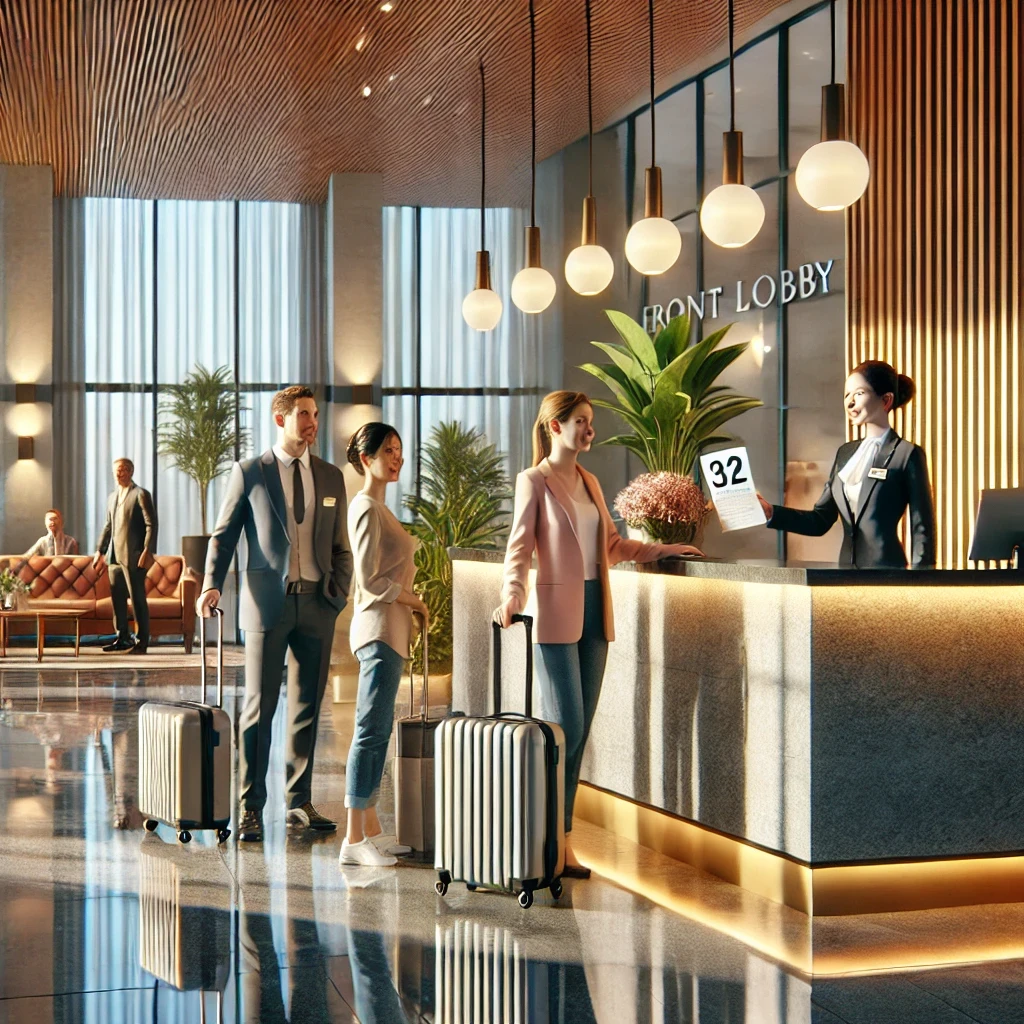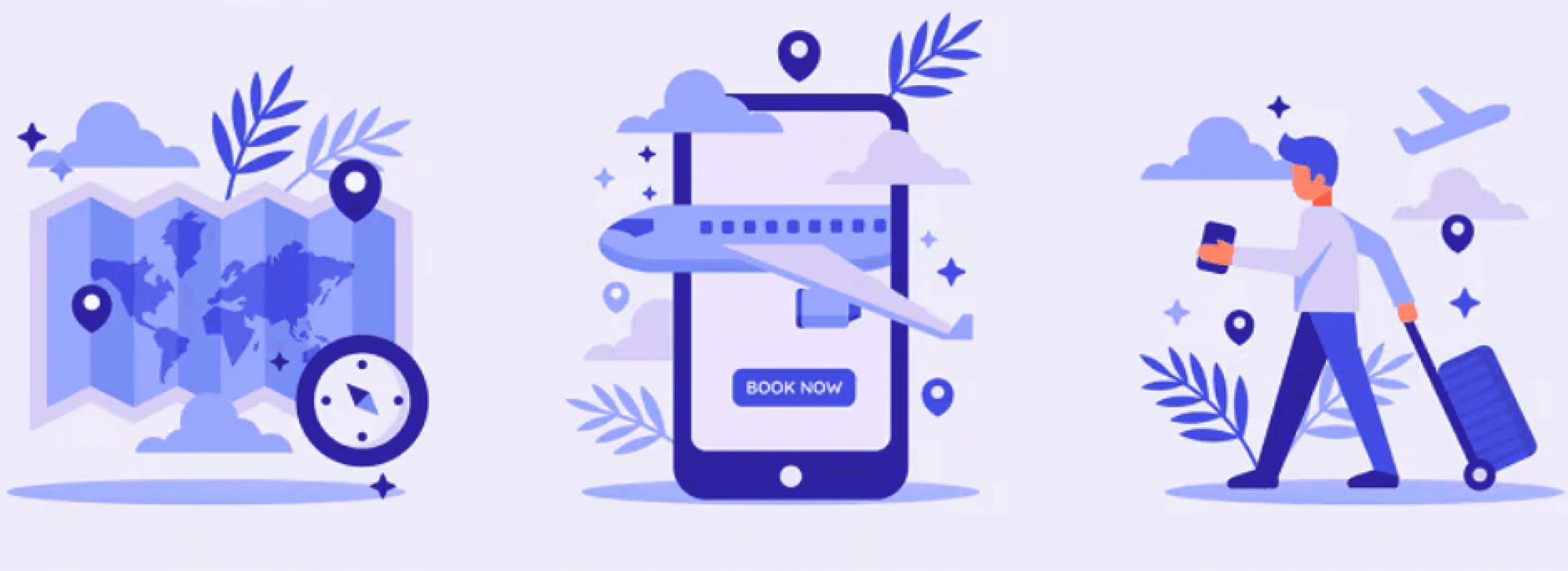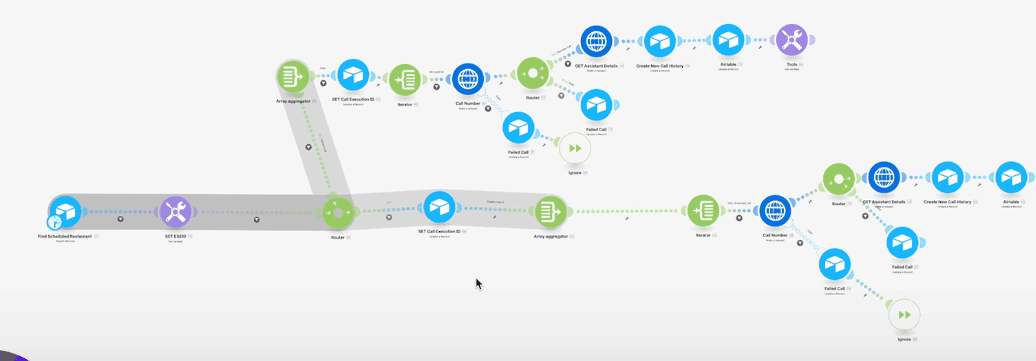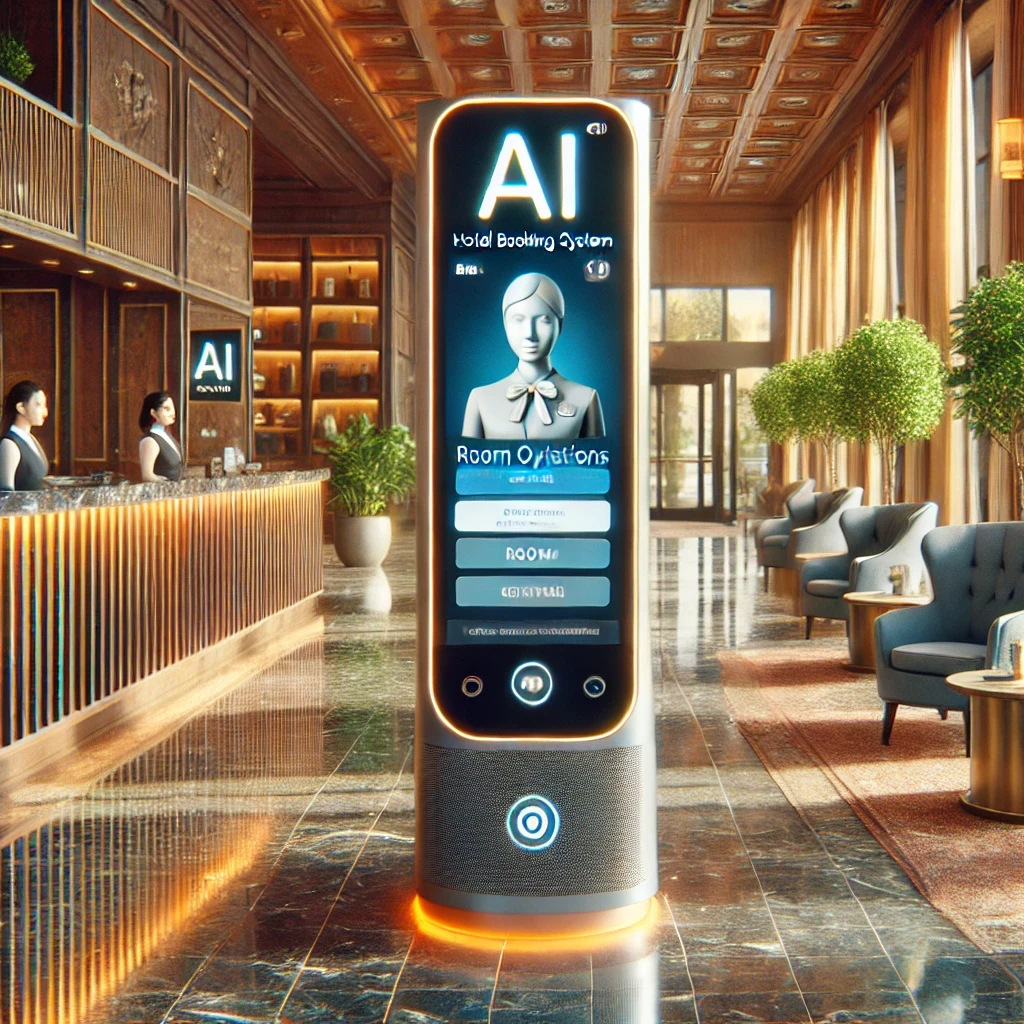Jan 10, 2025
How AI is Revolutionising Thailand's Hospitality Industry
Thailand’s thriving tourism sector contributes over 11% to the nation’s GDP, according to the World Travel & Tourism Council, making it a cornerstone of the economy. With millions of international visitors arriving each year, the hospitality industry faces growing demands to provide seamless and personalised experiences.
Artificial Intelligence (AI) is emerging as a game-changer for the industry. By leveraging AI, Thai hotels and resorts are not only meeting these demands but also streamlining their operations to stay ahead in a competitive global market.
This article explores how AI is revolutionising Thailand’s hospitality industry, from enhancing guest experiences to optimising safety and security measures.
1. Enhancing Guest Experiences with Personalisation
AI allows hotels and resorts in Thailand to deliver highly personalised experiences to their guests by considering cultural nuances such as Thai traditions of hospitality and service excellence. For example, AI systems can recommend activities aligned with Thai cultural festivals, like Songkran or Loy Krathong, or suggest dining experiences that highlight regional Thai cuisines, ensuring an authentic and memorable experience. By analysing customer preferences and behaviours, AI-powered systems can:
Provide customised recommendations for activities, dining, and local attractions, tailored to the guest's interests.
Streamline booking processes, offering room upgrades or packages that match the guest’s preferences.
Offer multilingual support through AI chatbots, breaking down language barriers for international tourists.
For example, a luxury resort in Phuket could use AI to suggest spa packages to guests who have previously booked wellness treatments. Similarly, AI chatbots on hotel websites can assist with bookings in multiple languages, ensuring a seamless user experience for tourists from China, Europe, and beyond.

2. Automating Operations for Greater Efficiency
AI-powered automation tools are helping hotels reduce costs and improve operational efficiency. For instance, the Siam Kempinski Hotel Bangkok has implemented AI-powered housekeeping robots to maintain cleanliness and efficiency. These robots reduce manual labour costs and ensure rooms are prepared faster, enhancing guest satisfaction. Key areas of impact include:
Housekeeping and maintenance: AI can predict maintenance needs by monitoring equipment performance and scheduling timely repairs, reducing downtime and ensuring guest satisfaction.
Inventory management: Automated systems optimise inventory control for kitchens, bars, and housekeeping supplies.
Dynamic pricing: AI-driven algorithms analyse market demand, seasonal trends, and competitor pricing to optimise room rates in real-time, maximising revenue.
For example, a hotel in Bangkok could use AI-driven tools to adjust pricing during peak tourist seasons, such as Songkran, while ensuring optimal occupancy levels.
3. Redefining Customer Service with AI Chatbots
Chatbots are transforming the way Thai hotels interact with their customers. For instance, Thaiger AI's client, Novotel Sriracha, reported a 30% increase in booking conversions after implementing an AI chatbot capable of answering queries in multiple languages. Additionally, a survey conducted by Thaiger revealed that over 85% of guests found the chatbot’s recommendations helpful, boosting overall satisfaction. These AI-driven tools offer 24/7 support and can handle a variety of tasks, including:
Answering FAQs about hotel amenities and services.
Assisting with booking modifications and cancellations.
Providing local recommendations and travel tips.
Many hotels in Thailand, particularly in tourist hotspots like Chiang Mai and Pattaya, have integrated chatbots into their websites and mobile apps. This not only improves customer satisfaction but also frees up human staff to focus on more complex guest needs.

4. Enhancing Marketing Strategies with Predictive Analytics
AI-driven predictive analytics enables Thai hotels to create targeted marketing campaigns that resonate with their audience. By analysing customer data, AI can:
Identify key demographics and market trends.
Predict peak booking periods and target customers with promotional offers.
Personalise email campaigns based on previous booking history and preferences.
For instance, a resort in Koh Samui could use AI to send tailored offers to past guests who visited during the same season, encouraging repeat bookings.

5. Enriching Guest Safety and Security
AI technologies are also enhancing safety and security measures across Thailand’s hospitality sector. Key innovations include:
Facial recognition technology for seamless and secure check-ins.
AI-powered surveillance systems to monitor activity and detect potential security threats.
Health monitoring systems to ensure compliance with health and safety protocols, particularly post-COVID-19.
For example, some hotels in Bangkok have implemented facial recognition for check-ins, allowing guests to bypass traditional front desk procedures for a faster and more secure process.

AI is reshaping Thailand’s hospitality industry by enabling personalisation, improving operational efficiency, redefining customer service, enhancing marketing strategies, and bolstering guest safety. Unlike traditional methods that rely heavily on manual processes and generalised approaches, AI provides data-driven insights and automation to deliver highly targeted and efficient solutions.
This shift not only reduces operational costs but also creates personalised guest experiences, setting a new benchmark for excellence in the industry. By embracing these innovations, Thai hotels and resorts can offer world-class experiences that keep them ahead in a competitive global market.
As AI continues to evolve, the opportunities for the hospitality sector in Thailand are boundless. Businesses that adopt these technologies early will not only enhance their guest experiences but also drive long-term growth and success.
Are you ready to explore how AI can transform your hospitality business? Contact Thaiger AI today to learn more about our solutions tailored for the Thai market.
Articles



